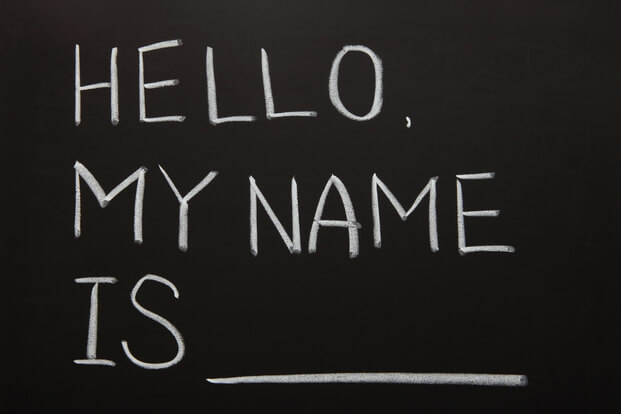
Profile Essay Example: Guide to Writing a Successful Assignment
Learn how to write a successful profile essay, with a step-by-step guide to writing a profile essay that will help you achieve exceptional grades.
Read MoreThere is no writing without a conclusion. Just as a powerful introduction is important in any type of writing, the conclusion must be equally robust to ensure that the piece is compelling.
A good conclusion paragraph can alter any reader's mind when they reach the end of your essay. Writing a conclusion paragraph is rewarding as it may illicit the need for the reader to concur with your judgement or come up with their own opinion.
A more defined and precise conclusion can make your work impactful. However, coming up with the best conclusion paragraphs can pose a challenge. That is why at Acemyhomework.com, we ensure that you have all the correct information you need to create the perfect conclusion for your essay. Tag along to find some of the little-known facts about writing a good conclusion paragraph.
A conclusion paragraph restates your thesis, summarizes the critical supporting ideas, and gives your final impression of the main idea. Remember to include the moral of the story and its meaning since this pulls the reader into your world.
While writing a conclusion paragraph, keep the story's momentum and make it even more interesting by giving a resonating judgment of what to do. Having the proper conclusion paragraph will make your essay stand out. A conclusion paragraph speaks volumes about your thesis. Remember to bring that out.
Below we have summarized what a conclusion paragraph is:
Now that you have an idea of what the conclusion paragraph is all about, here is a structure that you should equally keep in mind:
A conclusion paragraph helps you wrap up your essay and reinforce the main idea in the body paragraph.
Conclusion structure is a significant element in academic writing. A conclusion usually uses the thesis statement with other supporting points to give a final impression that focuses on providing the reader closure. A well-structured conclusion gives a transparent rely on the writer's intentions to the readers. The stronger the conclusion, the bigger the insight.
Writing essay conclusions is a task that anyone might be skeptical about doing. However, at acemyhomework.com, we thrive in providing the best academic essay writing to ace your assignments, giving you just what you need to get an A+ work.
In a conclusion paragraph, you need to summarize all you have written about in your essay. When writing a great conclusion, you need to internalize the significant point you intend to get across and ensure it is included. You can write something similar with even more catchy wordings, whatever your introductory paragraph has.
Here are some insights to remember:
Remember that it is essential to summarize the main idea in your writing for your readers; this ensures a smooth closure to your already fabulous piece of work.
So far, we have seen how to start a conclusion paragraph and what it entails when writing one. At this point, we will focus on the examples of phrases and words that you can use while writing a superb paragraph essay.
Conclusion paragraphs also depend on the type of essay in question, either formal or informal.
Here are some phrases on how to start a conclusion paragraph:
Formal phrases can be used in research essays and formal essay assignments involving school or work. They need to maintain a formal tone to match the intentions.
Some writings are less formal than research and school assignment. Or sometimes you are given instructions to write an informal essay which provides room for a more personal touch. In such situations, opt for the laid-back phrases. Here are a few:
A firm conclusion is the best way to end any academic or narrative essay; it focuses on the phrases as you have seen above. Being precise and straight to the point makes it all worth it for your readers, remember the readers need to be hooked from the beginning to the end.
You may ask yourself how do I start a conclusion paragraph? Well think no further we have professional academic writers who are available at a click of a button to ensure that you get all you need and in time.

Get affordable and top-notch help for your essays and homework services from our expert tutors. Ace your homework, boost your grades, and shine in online classes—all with just a click away!



Fast, secure, and handled by vetted experts.

Learn how to write a successful profile essay, with a step-by-step guide to writing a profile essay that will help you achieve exceptional grades.
Read More
Is the thought of introducing yourself in class giving you a hard time? We have you covered! We have tips on how to introduce yourself in college class example. Reach us today at Acemyhomework for professional help.
Read More
Do you have a descriptive or inferential statistics task? Get help from professionals with experience in the field of statistics. Reach out to Acemyhomework today to get professional assistance with your tasks.
Read More